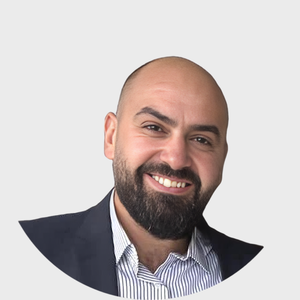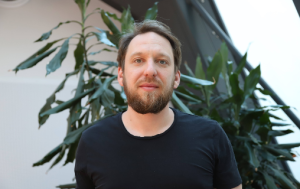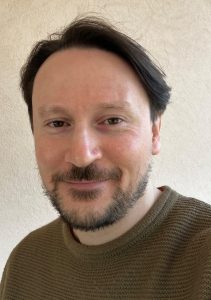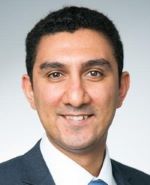Wednesday, June 26, 2024 | 10:00 am (CET) | Room: HS 11 | | Alpen-Adria-Universität Klagenfurt
Dr. Farzad Tashtarian | Department of Information Technology (ATHENA Christian Doppler (CD) Laboratory)
Abstract: In today’s digital landscape, video streaming has become a cornerstone of online content delivery, with applications spanning entertainment, education, teleconferencing, and live broadcasting. The importance of optimizing video streaming cannot be overstated, as Quality of Experience (QoE) directly impacts user engagement and satisfaction. However, the video streaming pipeline faces significant challenges, including maintaining high QoE, minimizing latency, and managing costs effectively. This talk addresses these critical issues by exploring holistic strategies that enhance the video streaming experience from source to destination. We will delve into the complexities of content provisioning, content delivery, and content consumption, emphasizing the necessity of an end-to-end approach. Additionally, by considering the entire streaming pipeline, we will discuss novel algorithms designed for optimizing end-to-end video streaming and demonstrate how these approaches can more effectively tackle the primary challenges of QoE, end-to-end latency, and video streaming costs.
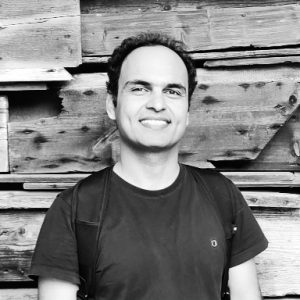 Bio: Farzad Tashtarian is a post-doctoral researcher in the ATHENA project at the Institute of Information Technology (ITEC), Alpen-Adria-Universität Klagenfurt (AAU). Prior to joining ATHENA, he served as an Assistant Professor at Azad University of Mashhad, Iran. He earned his Ph.D. in Computer Engineering from Ferdowsi University of Mashhad, Iran. As a researcher, he has co-authored more than 60 papers published in prestigious journals and conferences. He is a work-package leader and scientific coordinator in the ATHENA Projects at Alpen-Adria-Universität Klagenfurt. His current research interests include Multimedia Networks, Immersive Media, Generative AI for Multimedia Streaming, software-defined networking, mathematical modeling, and distributed optimization. For more information visit: https://tashtarian.net/
Bio: Farzad Tashtarian is a post-doctoral researcher in the ATHENA project at the Institute of Information Technology (ITEC), Alpen-Adria-Universität Klagenfurt (AAU). Prior to joining ATHENA, he served as an Assistant Professor at Azad University of Mashhad, Iran. He earned his Ph.D. in Computer Engineering from Ferdowsi University of Mashhad, Iran. As a researcher, he has co-authored more than 60 papers published in prestigious journals and conferences. He is a work-package leader and scientific coordinator in the ATHENA Projects at Alpen-Adria-Universität Klagenfurt. His current research interests include Multimedia Networks, Immersive Media, Generative AI for Multimedia Streaming, software-defined networking, mathematical modeling, and distributed optimization. For more information visit: https://tashtarian.net/

